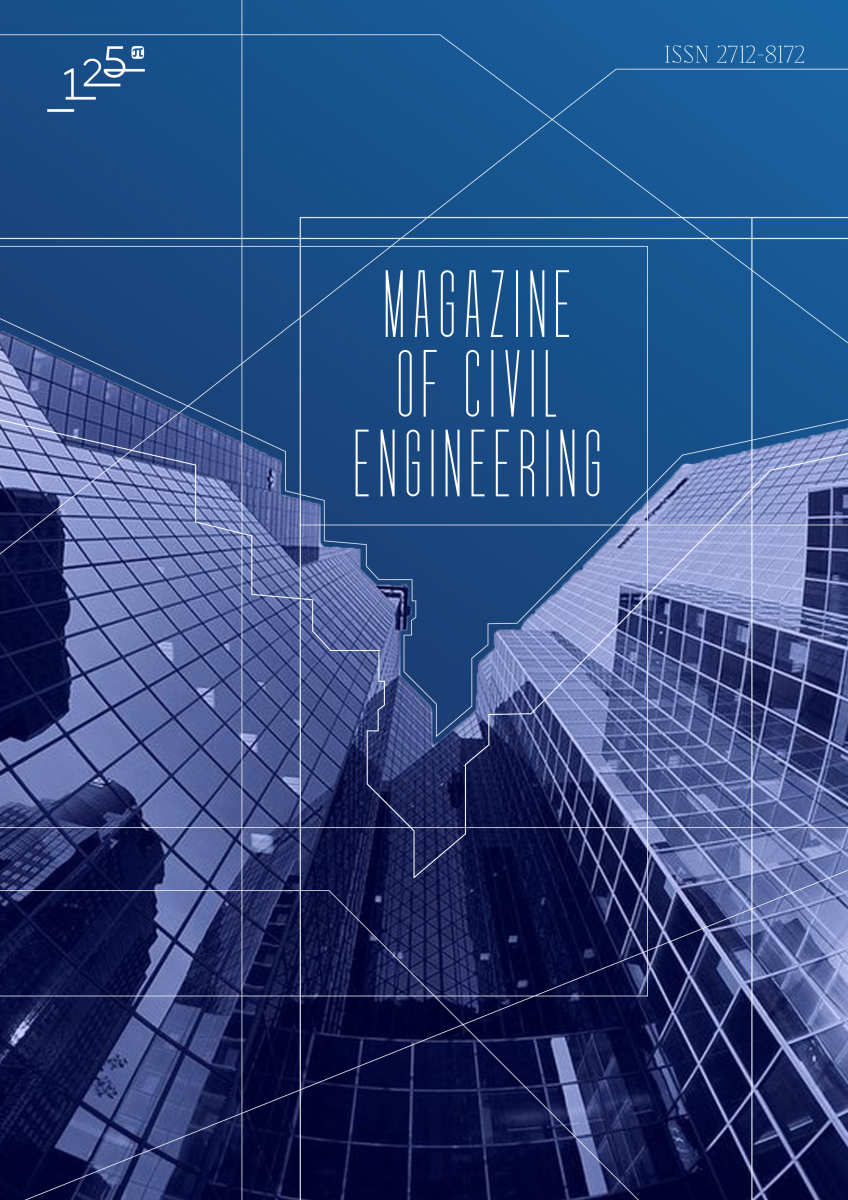Sulfate corrosion resistance of foundation concrete with nano-particles
With the rapid development of modern industry, the foundation soil and the underground water in some areas are severely polluted by the corrosive medium affecting the durability of foundation concrete. Sulfate corrosion is one of the major factors leading to the destruction of foundation concrete. The sulfate corrosion resistance of foundation concrete with nano-particles (nano-SiO2 and nano-CaCO3) under the action of dry-wet cycle is experimentally studied, and compared with that of plain foundation concrete. The test results indicate that, under the action of dry-wet cycle, the sulfate corrosion resistance of foundation concrete is significantly improved with the addition of nano-particles. With the increasing content of nano-particles, the sulfate corrosion resistance of foundation concrete gradually rises to its peak and then drops step by step. The sulfate corrosion resistance of foundation concrete with nano-SiO2 is superior to that of foundation concrete with the same amount of nano-CaCO3. When the content of nano-SiO2 and nano-CaCO3 is respectively 2.0 % and 1.0 % by weight of binder, the sulfate corrosion resistance of foundation concrete is the best. Because the pore structure of concrete is improved with the addition of nano-particles, as nano-SiO2 can react with Ca(OH)2 and nano-CaCO3 can react with C3A, nano-particles can significantly enhance the sulfate corrosion resistance of foundation concrete.


